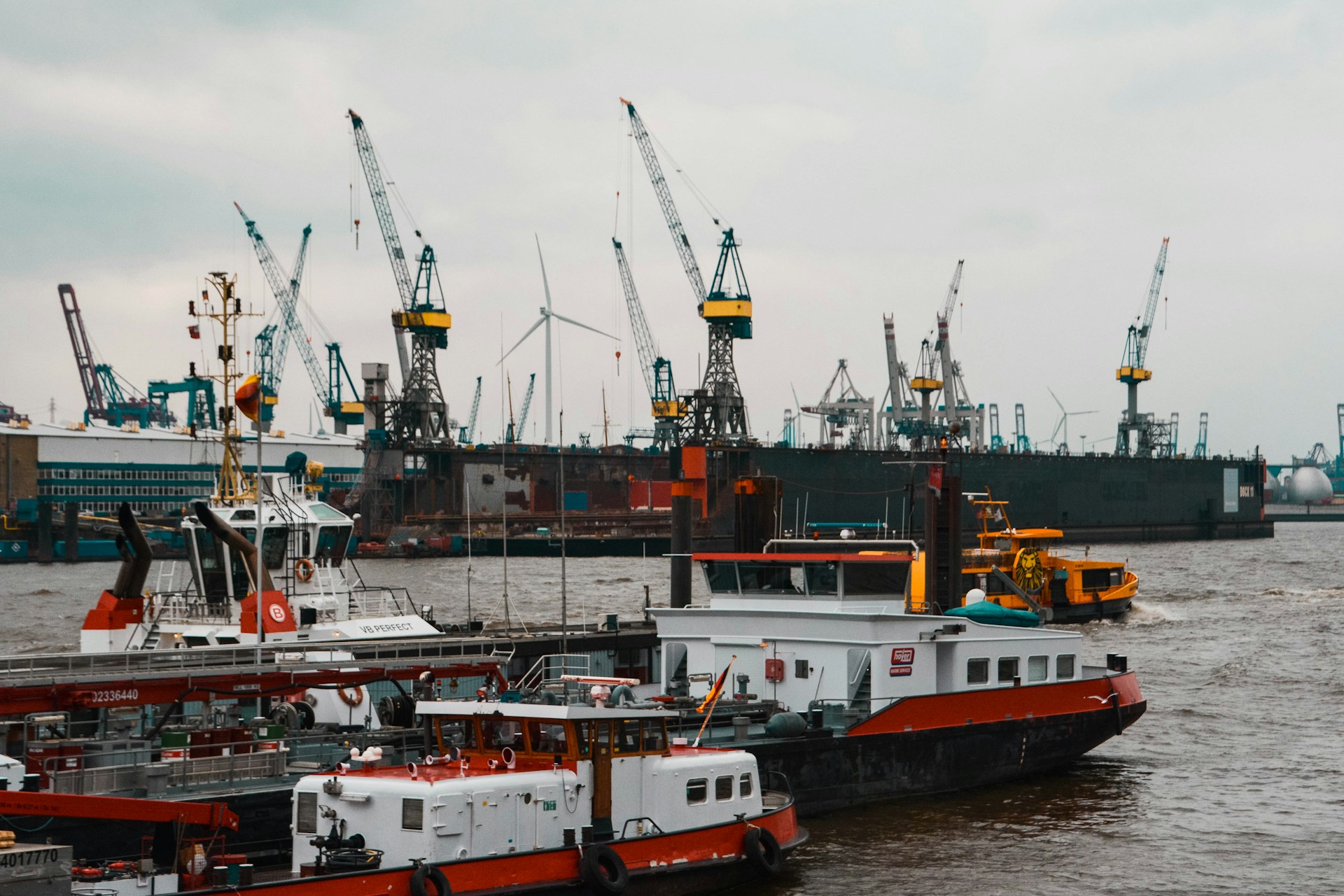Managing construction projects in marine environments is a complex task that requires specialized knowledge and techniques. The unique challenges of marine construction, such as fluctuating water levels, harsh weather conditions, and environmental regulations, necessitate a comprehensive approach to project management. Only by understanding these challenges can we plan and execute projects effectively.
Marine construction isn’t just about building structures; it’s about creating sustainable solutions that can withstand the test of time and the elements. This requires careful planning and precise execution. From selecting the right project management tools to implementing advanced process mechanical solutions, each step requires meticulous attention to detail. Effective communication and coordination among team members are also crucial for the successful completion of marine projects.
At Industra Construction Corp., we have developed best practices to address these unique aspects of marine construction project management. It’s all about ensuring efficiency, safety, and environmental stewardship. By adhering to these principles, we can deliver successful projects that meet the highest standards of quality and sustainability. Let’s dive into some of the core practices that guide our approach to marine construction management.
Understanding Environmental Challenges in Marine Construction
Marine construction presents several environmental challenges that we must address proactively. Tides, currents, and wave action can affect construction schedules and stability. For instance, fluctuating water levels can impact critical tasks like pile driving and concrete curing, necessitating precise timing and adaptability in our project plans. We also face unpredictable weather conditions, such as high winds and storms, which can delay work and pose safety risks.
Another significant environmental challenge is the ecological sensitivity of marine habitats. Construction activities can disrupt local ecosystems, affecting marine life and water quality. Therefore, it’s essential to implement strategies that minimize environmental impact. This includes avoiding work during critical breeding seasons, using silt curtains to control sediment, and employing environmentally friendly materials whenever possible. Understanding these environmental factors allows us to plan more effectively and build structures that are both robust and environmentally responsible.
Essential Project Planning and Scheduling Tools
Having the right project planning and scheduling tools is crucial for the successful execution of marine construction projects. These tools help us manage time, resources, and tasks efficiently, ensuring that projects remain on track and within budget. One of the most effective tools we use is Building Information Modelling (BIM). BIM allows us to create 3D models of our projects, enabling better visualization and identification of potential issues before construction begins.
Gantt charts are another invaluable tool. They provide a visual timeline of the entire project, highlighting key milestones and deadlines. This helps us coordinate tasks and allocate resources effectively. Additionally, project management software such as Microsoft Project or Primavera P6 allows for real-time updates and collaboration among team members. These tools enable us to monitor progress closely and make adjustments as needed to address any delays or challenges.
Beyond software, it’s also crucial to conduct thorough site assessments and surveys before breaking ground. These assessments help identify any potential obstacles and ensure that we have accurate data for planning. By leveraging these essential tools and practices, we can enhance our project planning and scheduling processes, leading to more efficient and successful marine construction projects.
Implementing Advanced Process Mechanical Solutions
Implementing advanced process mechanical solutions is essential for enhancing the efficiency and effectiveness of marine construction projects. These solutions involve the integration of sophisticated machinery and systems that streamline various construction activities. For instance, we use high-capacity pumps for dewatering operations, ensuring construction sites remain dry and manageable despite fluctuating water levels. Advanced dredging equipment allows for precise excavation and sediment removal, which is crucial for constructing stable foundations in marine environments.
Another key aspect is the use of automated and remote-controlled machinery. Such equipment minimizes the risk to human operators and ensures higher precision in tasks like underwater welding and pile driving. Additionally, implementing modern HVAC systems in marine structures can significantly enhance their longevity by controlling internal environments and reducing moisture-related issues. By leveraging these advanced mechanical solutions, we can improve the overall quality, safety, and efficiency of our marine construction projects.
Effective Communication and Team Coordination Strategies
Effective communication and team coordination are critical for the smooth execution of marine construction projects. Clear, consistent communication ensures that all team members understand their roles, responsibilities, and the project’s overall objectives. We conduct regular meetings and use collaborative tools like Slack or Microsoft Teams to facilitate real-time communication among team members, contractors, and stakeholders. This fosters a transparent environment where issues can be identified and resolved promptly.
Coordination strategies also involve synchronizing the efforts of various teams working on different aspects of the project. For instance, the civil engineering team must work closely with process mechanical specialists to ensure that all systems are integrated seamlessly. Using project management software helps us track progress and coordinate tasks effectively. By sharing updates and integrating schedules, we ensure that everyone is on the same page and that the project moves forward efficiently. These strategies not only enhance teamwork but also ensure that projects are completed on time and within budget.
Final Thoughts
Mastering marine construction project management requires a multifaceted approach, addressing environmental challenges, utilizing advanced planning tools, implementing cutting-edge process mechanical solutions, and fostering effective communication. From the unpredictable conditions of marine environments to the meticulous planning and coordination required, each aspect is pivotal to the successful completion of marine construction projects.
At Industra Construction Corp., we integrate these best practices to deliver high-quality, sustainable marine structures. Our commitment to excellence ensures that we meet the highest standards while maintaining safety and environmental stewardship.
If your next project involves marine construction, reach out to Industra Construction Corp. for expert guidance and superior execution. Let us help bring your vision to life, ensuring durability and resilience against the harsh coastal elements.

















